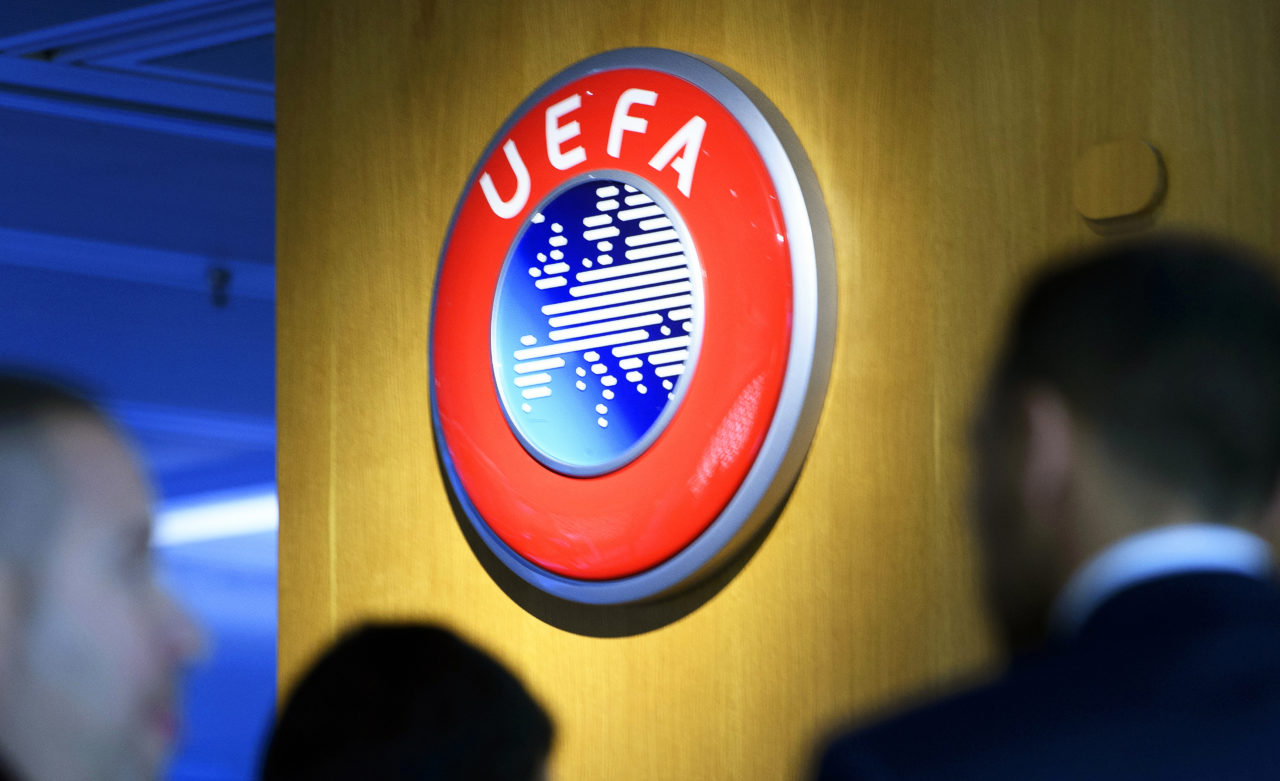The French Football Federation (FFF) has once again ignited a firestorm of controversy with its contentious decision to ban Muslim players from observing their fast during Ramadan. This move, ostensibly justified under the guise of maintaining neutrality during matches, has raised serious questions about the organization’s commitment to inclusivity and diversity on the pitch.
At the heart of the matter lies Article 1.1 of the FFF’s which the federation uses as justification of its statutes, the article emphasizes on neutrality during matches and the federation cites this as the grounds for enforcing the ban. However, critics argue that this reasoning rings hollow and serves as a thinly veiled mask for underlying Islamophobia within the organization. By prioritizing so-called neutrality over religious freedom, the FFF perpetuates a culture of exclusion and marginalization that has no place in modern football.
In stark contrast to the FFF’s stance, other European leagues, such as the English Premier League, have demonstrated a more inclusive approach by accommodating Muslim players during Ramadan matches. This divergence underscores the broader debate surrounding the intersection of sports and religion, with some arguing for the primacy of upholding sporting regulations while others advocate for recognizing and respecting players’ religious practices.
The repercussions of the FFF’s ban are not merely theoretical but have tangible consequences for individual players. Mahamadou Diawara’s decision to leave the U-19 camp in protest serves as a poignant reminder of the human impact of discriminatory policies within football. His departure highlights the urgent need for the FFF to address these issues and foster a more inclusive and respectful environment for all players, regardless of their religious beliefs.
In conclusion, the FFF’s Ramadan ban has thrust the organization into the spotlight, prompting soul-searching within the football community about the values it purports to uphold. As debates rage on about the balance between sporting regulations and religious freedoms, one thing remains clear: discrimination and bigotry have no place on the pitch. It is incumbent upon the FFF and other governing bodies to take decisive action to eradicate such practices and ensure that football remains a beacon of inclusivity and unity for players of all backgrounds and beliefs.




